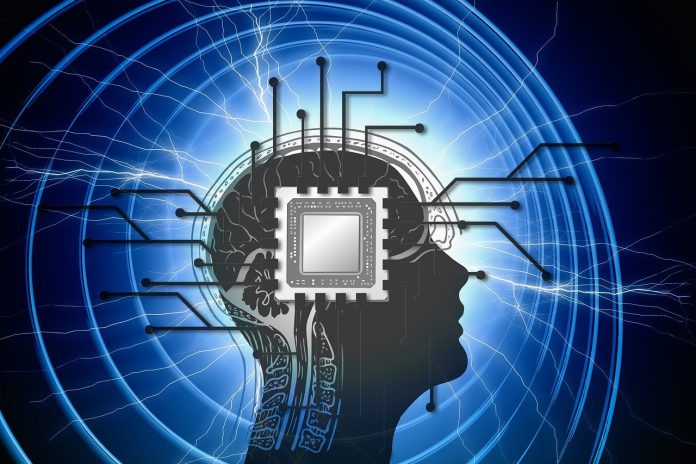This post is also available in:
 עברית (Hebrew)
עברית (Hebrew)
Neuralink, the neurotechnology company founded by Elon Musk, has announced an exciting breakthrough in brain-machine interface (BMI) technology. A new video shared by the company shows a patient using only their mind to control a robotic arm, which successfully writes the word “Convoy” on a whiteboard. This showcases the progress made with Neuralink’s N1 brain chip, a device designed to help people with disabilities regain mobility and communication capabilities.
This latest demonstration is part of Neuralink’s CONVOY study, which explores the use of brain implants to control assistive robotics. The company unveiled this study in November 2024 as part of its broader effort to improve the lives of individuals living with paralysis and other neurological conditions. While the video only provides a brief look, it suggests the ability to control a robotic arm with brain signals alone, a significant advancement in non-invasive assistive technology.
The brain implant at the heart of Neuralink’s research is designed to be minimally invasive and undetectable once implanted. The PRIME (Precise Robotically Implanted Brain-Computer Interface) study is investigating the use of this implant to enable users to control devices such as laptops, smartphones, and even robotic arms, without relying on physical movements or external sensors. This could be a game-changer for people with conditions like spinal cord injuries or amyotrophic lateral sclerosis (ALS), allowing them to interact with the world through thought alone.
Neuralink has been refining its algorithms to ensure the brain implant works reliably, and early tests on patients have shown promising results.
In addition to expanding clinical trials in the U.S., Neuralink is also moving into international markets. The company recently received approval to conduct its CAN-PRIME study in Canada, where it plans to implant the technology in patients with paralysis. This international expansion opens the door for even more people to benefit from Neuralink’s pioneering research in brain-computer interfaces.
As Neuralink’s research continues, the potential for brain-powered robotics grows, signaling a future where people with disabilities could regain control over their bodies and environment in ways never before thought possible.


























